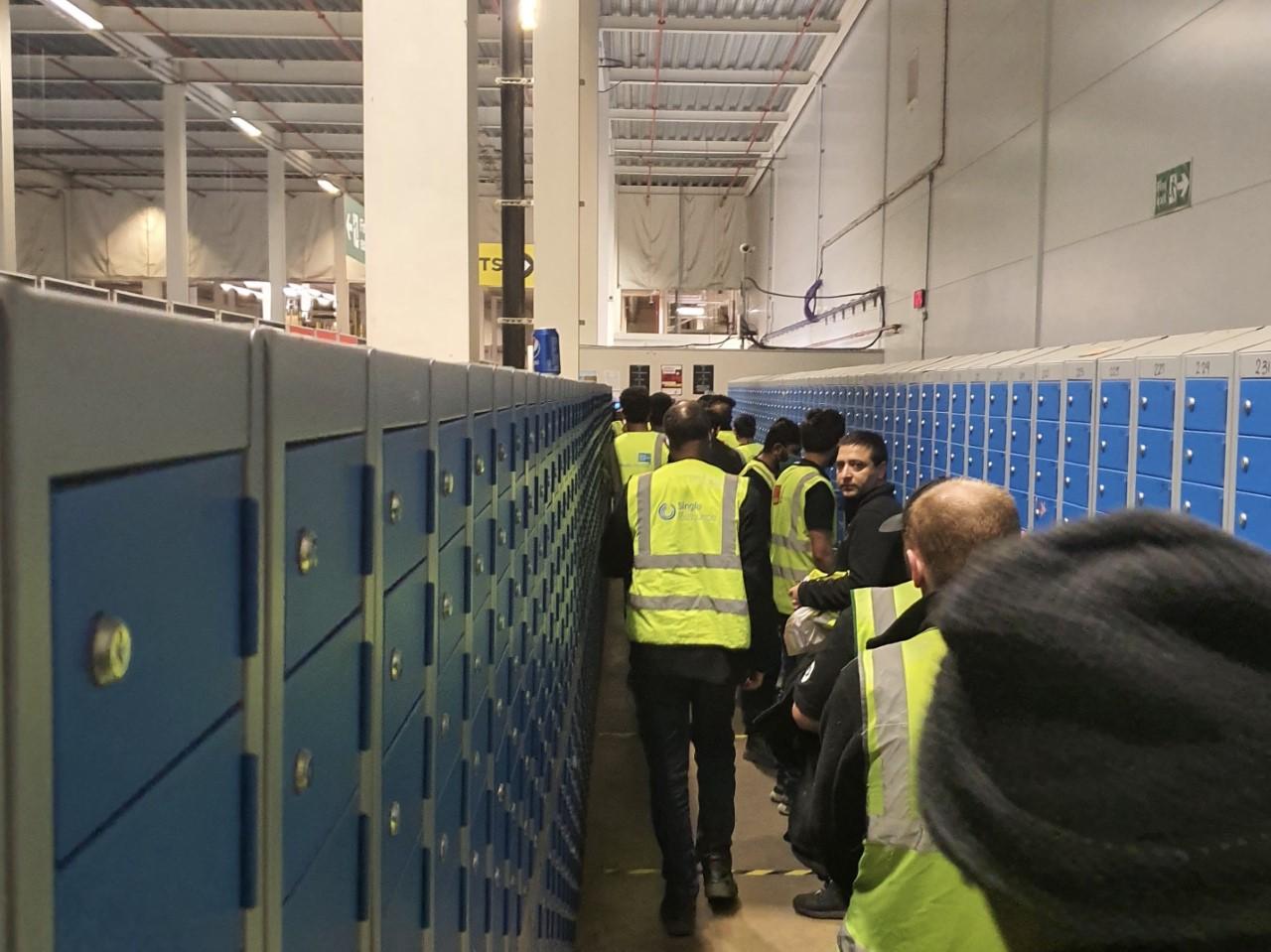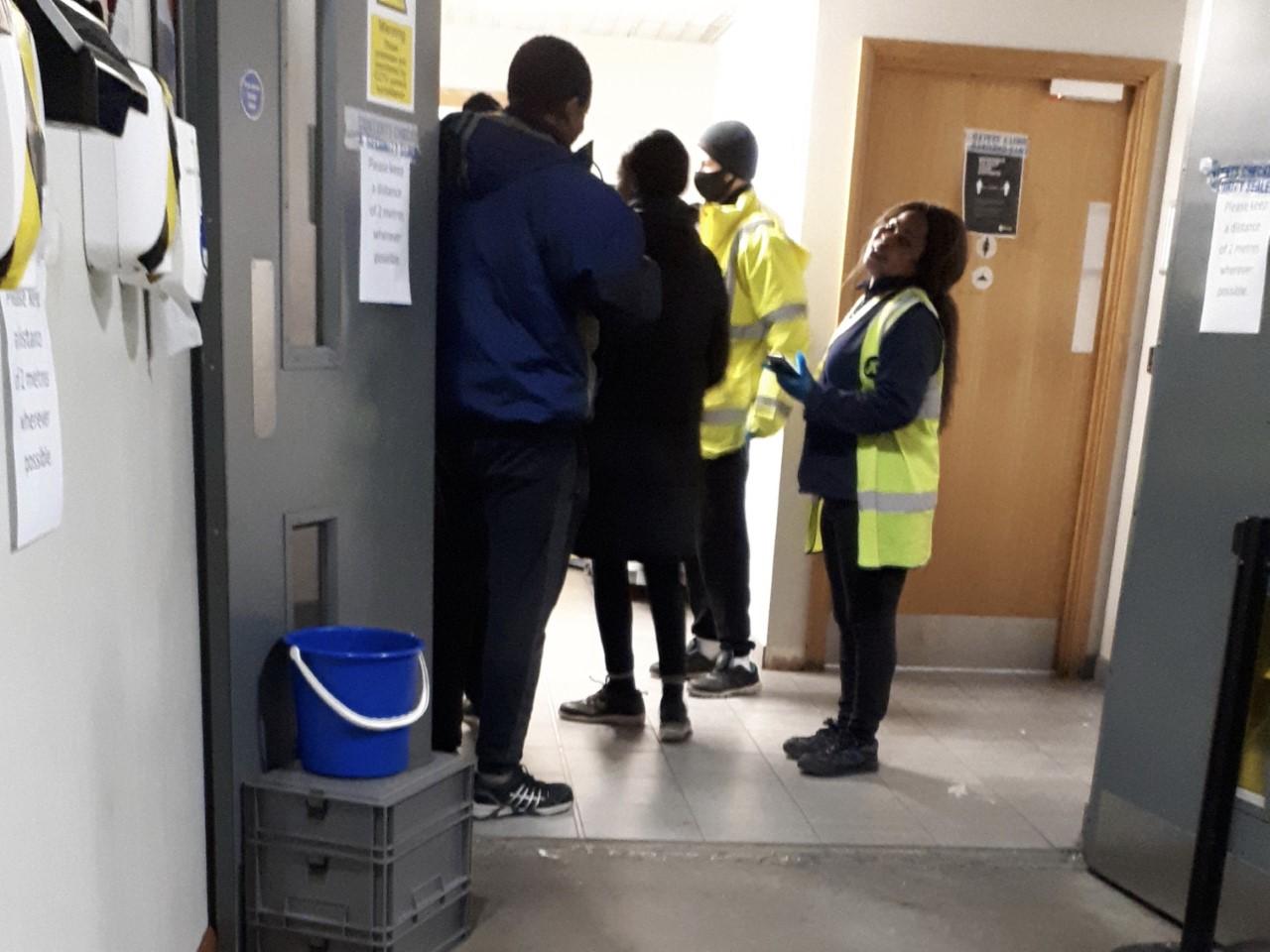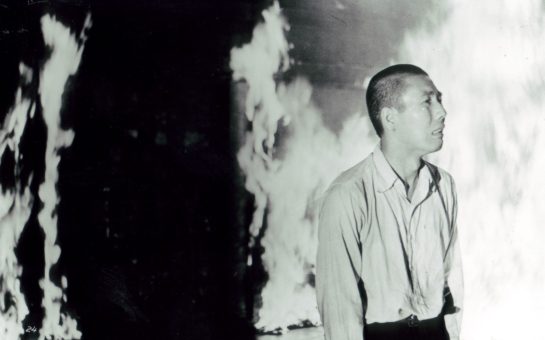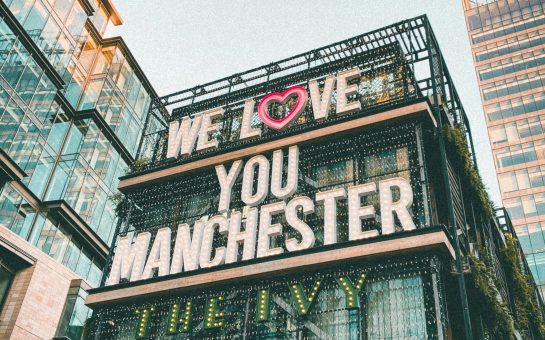We are in the age of the trainer.
Nike Air Maxes, Balenciaga sneakers, Adidas Originals: we covet them, we collect them, we consume them. Thanks to next-day delivery and buy-now-pay-later, a few simple clicks will see them magically appear on our doorsteps: ours for the taking, even amid a global pandemic.
Seduced by this immediacy, we forget that in some not so distant corner of the UK, there are people working 24/7 to deliver them to us.
However, the COVID-19 crisis has thrown the back-office operations of many sportswear companies into plain view, as reports of their failure to enforce social distancing continue to surface.
Among the slew of firms coming under fire for their working conditions, JD Sports’ Rochdale warehouse is perhaps facing the most intense scrutiny.
JD insist that they have reduced the number of workers on site by 40%, while increasing cleaning and social distancing measures. But for many members of their warehouse staff, these precautions are yet to manifest themselves.
One employee, “Simon”, tells me that, although efforts have been made to improve cleaning operations, the same cloth is re-used all day, and hand sanitiser is scarce.

I also spoke to “Jane”, who, although at high risk of contracting coronavirus, has been told that she isn’t eligible to be furloughed.
She argues that she has seen no evidence of scaled-down staffing, and notes that, by arranging the canteen to comply with the “two-metre distance” rule, warehouse bosses have also reduced seating, meaning that some staff work a 12-hour shift without sitting down.
She and Simon both report that, at the beginning and end of each shift, up to 400 people move through one turnstile to clock in on the same fingerprint scanner. According to Simon, the only way to avoid this enforced contact is to leave early, losing an hour’s pay.
“It’s just frustrating. We should be closed. The government are saying “stay at home, protect the NHS, save lives.” And all we’re doing is trainers.”
“They’re looking after their store and office staff but they’re not looking after us.”
Having received up to 200 complaints of this nature, union Usdaw has repeatedly called for the closure of JD’s online operation. Their pleas were reinforced by central government on 9th April, as Foreign Secretary Dominic Raab stated, “we want all businesses to do the right thing.”
However, Usdaw’s Tony Clare doubts that JD will listen. “Sadly, I think a lot of these places will only close when an employee dies, and I think that’s inevitable.”
As Jane sees it, “any publicity is good publicity” for JD: despite the unfavourable tone of recent media exposure, business is booming, with £50million of orders being processed in a single night last week.

This is not the first time that JD has been criticised for its warehouse conditions. In 2016, Channel 4’s Dispatches went undercover on the “prison”-like site, reporting on its brutal “three strikes” policy, according to which employees could be sacked for minor misdemeanours such as wearing branded clothing or sitting down.
Jane tells me that little has changed since the programme aired. “They’re only interested in money. They make sure you know you’re just a number. They really don’t care.”
Mr. Clare adds, “I’ve represented people who have been suspended because they had a particular keyring in their pocket,” simply because it might be stocked in one of the Blacks stores owned by JD.
Jane says that although phones are not allowed on the warehouse floor, there are more staff than lockers, meaning that employees must hide their valuables in the pile of coats on the cloakroom floor. On one occasion, “they had 68 phones go missing in one night.”
A lack of windows and of suitable air-conditioning creates uncomfortable extremes in temperature. While in the summer, staff in the upper floors often spend their shift in “horrendous” 30-40°C heat, in winter, those loading the vans in freezing conditions are not allowed a coat.
A JD spokesperson said, “The health and safety of our colleagues is a top priority and we invite The British Safety Council to Kingsway every year to complete a full independent safety Audit of all working practices at the site. We are proud to have been awarded an “Excellent” standard for the past three years.”
“There are a number of different methods that colleagues can use if they wish to raise concerns about their employment. Where concerns are raised, these are dealt with promptly and appropriately in line with Company policies.”



